On August 20, when Xi Jinping appeared in Tibet, observers noted his staggering steps and the distinct creases on his earlobes. (Online photo)
[People News] On August 20, CCP leader Xi Jinping arrived in Lhasa, Tibet, to attend the 60th anniversary ceremony of the founding of the Tibet Autonomous Region the following day. Locals told the media that the Potala Palace area was placed under strict lockdown that day, with harsh traffic restrictions across the city. Fully armed riot police filled the streets, shops were forced to close, and the tense atmosphere left residents deeply dissatisfied.
There is a saying among the Chinese people: “The Communist Party is a bringer of calamity—wherever it goes, the people suffer.” For over 70 years since seizing power, the CCP has brought disaster to the country and inflicted countless crimes, stirring immense public resentment. CCP leaders are fully aware that they are unpopular and could easily become targets of public anger. Thus, whenever they travel, massive numbers of security personnel and “staged crowds” are deployed, cordoning off entire areas with heavy-handed lockdowns that greatly disrupt local life.
Xi Jinping’s trip to Lhasa for the 60th anniversary was no exception. Local monasteries were temporarily taken over by special police, and snipers were stationed on the rooftops of temples such as the Jokhang Monastery. Guesthouse operators were told to strictly screen guests’ identities. Multiple residents said the security scale was tantamount to martial law.
According to Dajiyuan, sources revealed that on August 20, the Potala Palace district was already on high alert, and citywide traffic controls were even tighter: “No outside vehicles can enter, and fully armed riot police are everywhere. Many temples are closed, and shops across from the Potala Palace have been forced to pull down their shutters and stop doing business.”
Another Lhasa resident described that between Barkhor Street near the Jokhang and the Potala Palace—a two-kilometre stretch—mobile checkpoints were set up every 20 meters, an unprecedented density of security presence.
A Tibetan now living abroad, who used to reside near Jokhang Monastery, told Dajiyuan that after Xi’s arrival, armed police completely occupied monasteries, and monks were forbidden from leaving: “Sniper posts were set up on monastery rooftops, and the atmosphere was extremely tense. Ten days before, neighbourhood officials had already informed residents that they were not allowed to go outside on the day of the ceremony.”
From Shannan (about 100 km away), a monk (who requested anonymity for safety reasons) said that a month earlier, monastery management committees had been ordered to eliminate all security “loopholes”: “They said Lhasa would host the 60th anniversary of Tibet’s so-called ‘peaceful liberation’ and that leaders would come, so we had to pay attention to fire safety and even held fire drills. I heard Lhasa’s restrictions were even harsher, with police already stationed in temples a week ago. Monks and abbots had to sign pledges guaranteeing ‘nothing will happen.’”
The tourism sector was also hit hard. Mr. Gu, head of a Lhasa travel agency, told reporters: “The tourism bureau notified us to stop receiving tourists this week—nowhere is open. A few days ago, mainland tourists called to inquire, but I could only advise them to wait until after the event.”
Similarly, a local guesthouse owner said neighbourhood staff had ordered them to report all guest information to the police station a month earlier: “Lately, checks have been very strict. Police require us to submit ID cards and phone numbers of every guest, and report any suspicious persons immediately. If we help catch someone, there’s even a reward. But now tourists are fewer—probably down by 30%.”
Overseas Tibetans and human rights groups argue that the CCP’s rhetoric about “long-term stability” and “ethnic unity” is, in fact, built upon tight social control and religious suppression. One Tibetan commented: “Since the March 14 incident in 2008, Tibetans’ freedoms have been restricted for more than a decade. This is probably what they mean by their so-called ‘long-term stability.’”
Mr. Qin, a Beijing-based minority rights advocate, said in an interview: “Whether in Xinjiang, Tibet, Beijing, or Guizhou, whenever Xi Jinping visits, authorities deploy massive police forces for stability maintenance. This shows they understand even better than ordinary people how severe social tensions are. The collective incidents we see online are only the tip of the iceberg—the real situation is probably even more shocking.”
Qin added that snipers in Lhasa’s streets, garrisoned temples, suspended tourism, and enforced real-name registration at guesthouses created an atmosphere close to martial law: “This reflects the regime’s deep insecurity and fragility behind the façade of celebrations. On the surface, they emphasise ethnic unity and social stability, but in reality, people’s freedoms are being squeezed to the extreme.”
Observers widely believe Beijing aimed to use the “anniversary conference” to showcase regime legitimacy, but in doing so, it only exposed Tibet’s deep unease and heightened social tensions.
According to Voice of America (2021), when Xi first came to power, he declared opposition to ostentatious, disruptive motorcades during officials’ trips, briefly earning public approval. But official practice soon diverged: everywhere Xi travels, he is surrounded by security agents, with streets sealed off and even windows facing roads ordered shut. During his 2020 visit to Wuhan, police even stationed themselves inside private homes—an absurd spectacle.
Even under such siege-like deployments, “petition interception” incidents still occurred. Online videos show Xi’s motorcade encounters with petitioners in Zunyi (Guizhou), Yantai (Shandong), Taizhou (Jiangsu), and Sanming (Fujian). Each time, petitioners were quickly dragged away by security, their cries drowned out by orchestrated cheers.
Commentators say these scenes highlight intensifying social conflicts and worsening suffering, while also revealing that many at the grassroots have yet to recognise that the real root of injustice and darkness lies in the CCP’s authoritarian system. Instead, like people of old pleading to “honest officials,” they still pin hopes on individual leaders—a tragic and pitiable illusion. △

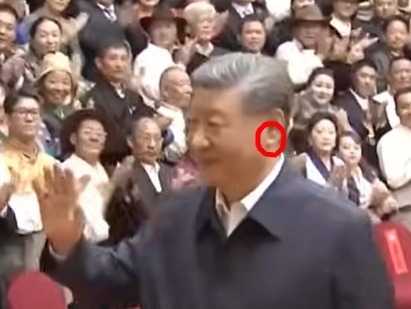
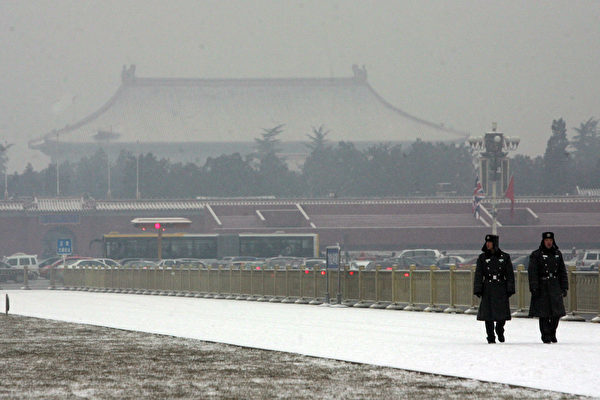

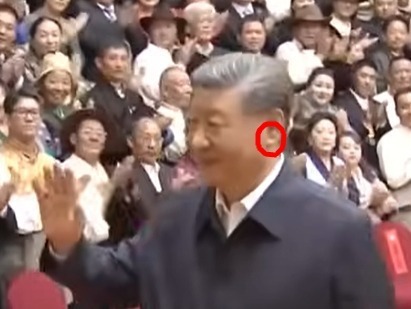
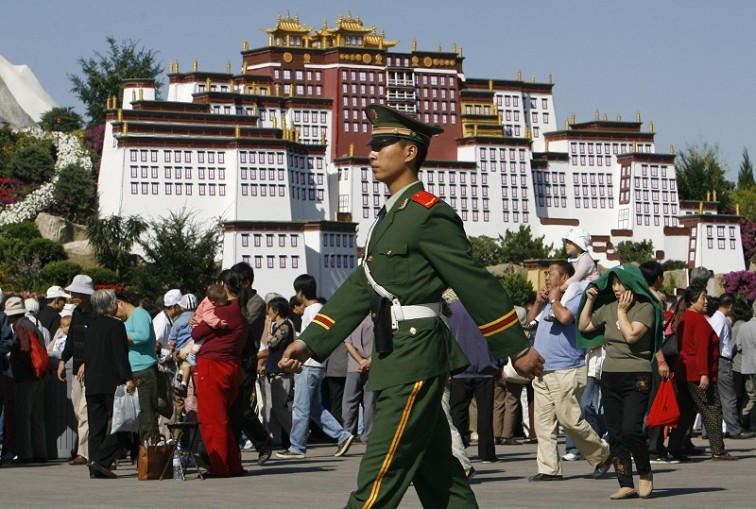


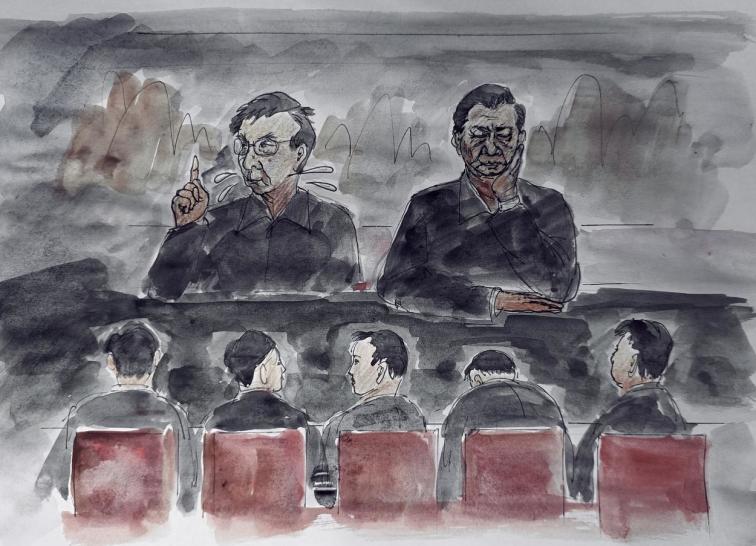
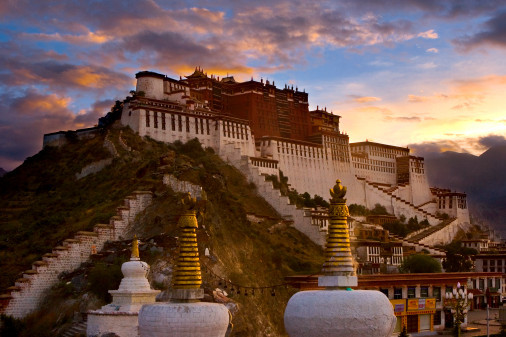

News magazine bootstrap themes!
I like this themes, fast loading and look profesional
Thank you Carlos!
You're welcome!
Please support me with give positive rating!
Yes Sure!